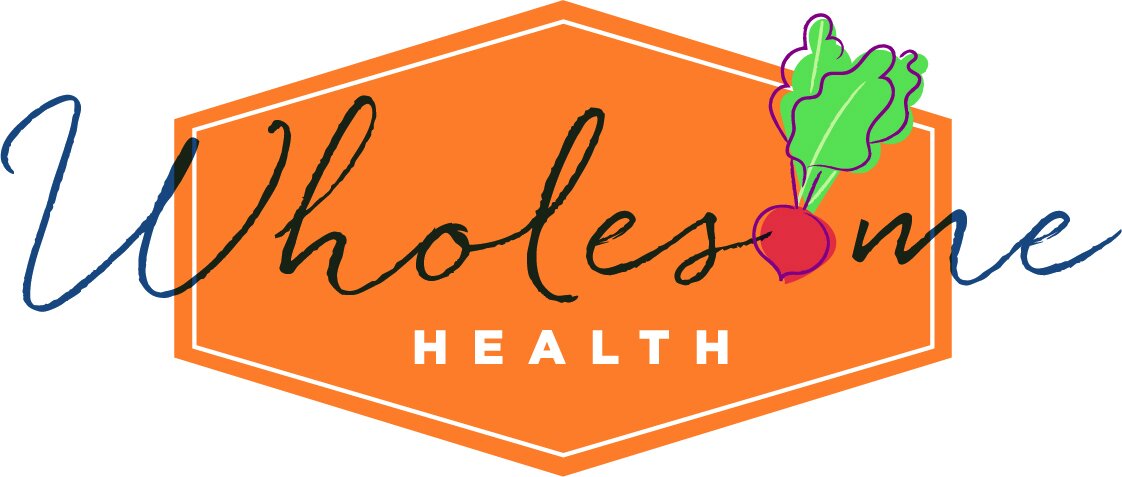6 Foods to Avoid Feeding Your Baby
Once your baby starts eating solid foods, it’s exciting to introduce them to new things. While most foods are safe for your baby to eat, there are a few things that should wait until your baby is a little older. Even potentially allergenic foods can be introduced to your baby around 6 months old. Keep reading to find out some of the foods to be cautious of when feeding your baby solid foods.
Honey
Avoid giving honey to infants under 1 year of age to prevent the risk of botulism. Botulism is a type of food poisoning that is rare, but can attack your baby’s nervous system if honey is given to your baby at too young of an age. Symptoms of botulism include:
Muscle weakness
Poor sucking
Weak cry
Constipation
Decreased muscle tone
Remember that honey can also be found in some packaged foods, such as honey flavored graham crackers, so be sure to check nutrition labels.
Sugar
Though honey can be dangerous to give to babies, other forms of sugar found in desserts or packaged snacks are also not a good idea to give your baby. Everyone, including babies, tend to gravitate toward sweet flavors, but until your baby has something sweet, they don’t know what they’re missing. Try to avoid giving your baby desserts until they are at least 1 year old, but even longer if you can. The more you introduce your baby to savory, tart, or bitter flavors, the more they will likely enjoy them.
Juice
Though giving your baby juice may seem harmless, juice is basically pure sugar. Whole fruits contain fiber and more vitamins and minerals, so choose these for your baby instead of juices. Additionally, giving your baby too much liquid calories from juice can fill them up and cause them to drink less breastmilk or formula which should be their main source of nutrition until 1 year of age. The American Academy of Pediatrics recommends avoiding juice until 1 year of age.
Cow’s milk
The American Academy of Pediatrics recommends that cow’s milk not be introduced until 1 year of age. It is harder for babies to digest cow’s milk protein in large amounts due to their immature digestive systems. Additionally, the calcium in cow’s milk can cause anemia in babies because calcium inhibits iron absorption.
Unpasteurized foods
Most foods you purchase at the grocery store are pasteurized, but it is important to check nutrition labels to confirm this. Examples of unpasteurized foods that can make babies sick include yogurt, milk, cheese, or juice.
High-mercury fish
Babies should avoid fish that contain high amounts of mercury such as:
Shark
Swordfish
Tilefish
Bigeye tuna
Marlin
Orange roughy
King mackerel
Instead, serve your baby SMASH fish which are much lower in mercury. SMASH fish include salmon, mackerel, anchovies, sardines, and herring.
As you can see, most foods are safe to introduce to your baby before the age of 1. Though not a comprehensive list, it is recommended to avoid honey, sugar, juice, cow’s milk, unpasteurized foods, and high-mercury fish. Avoiding these foods will help your baby stay healthy and get the nutrition that he or she needs.

